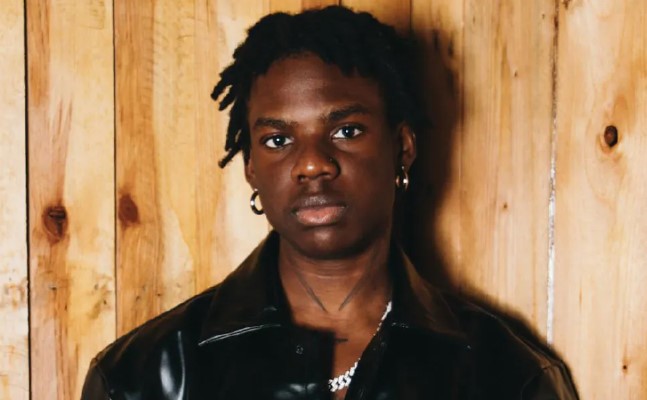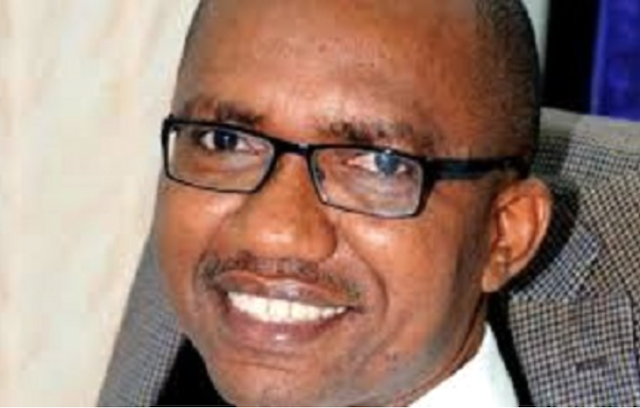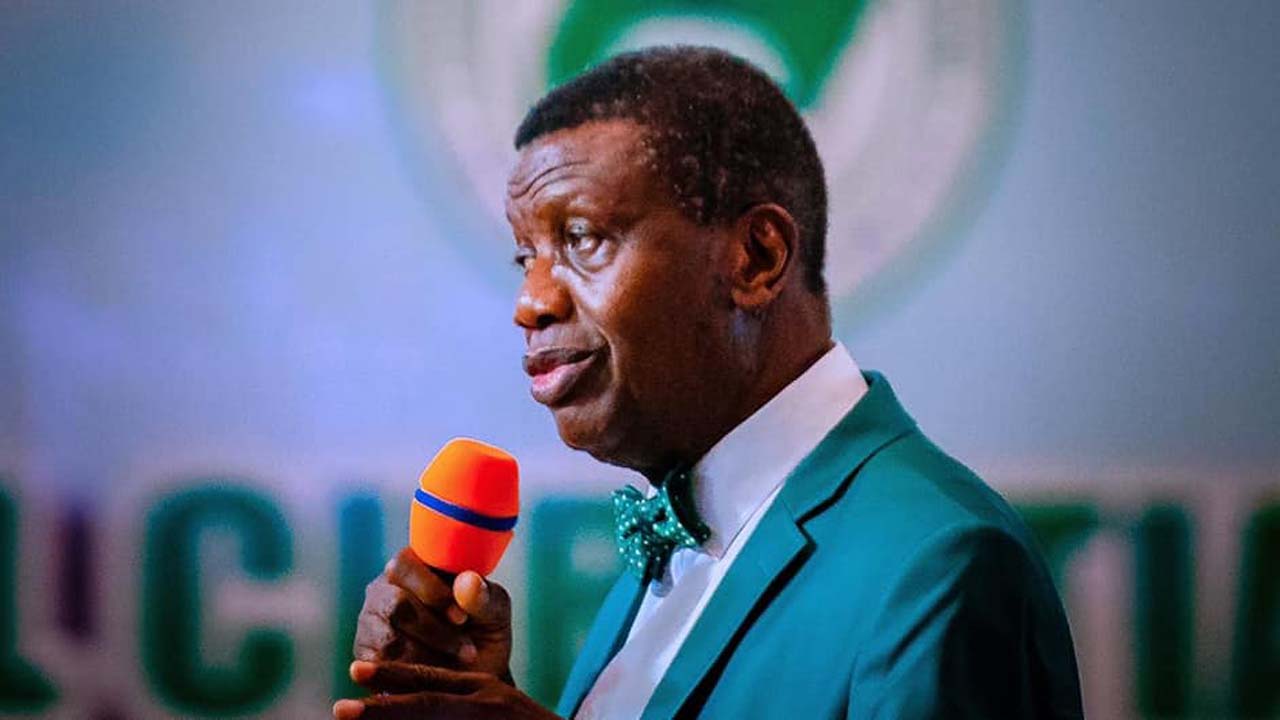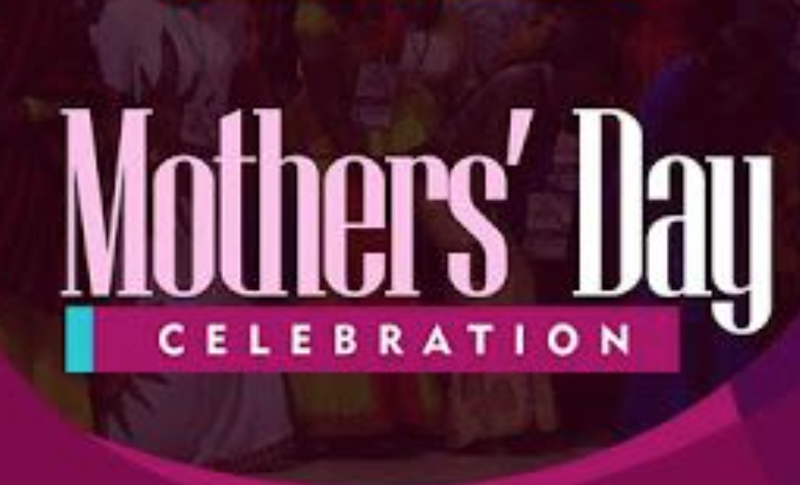I grew up thinking that a judicious mix of crime, sex and money might not only help a publisher turn a good profit but could also be the catalyst for a better society. But my friend, the Publisher/Editor-In-Chief of NaijaTimes, Ehi Braimah, subscribes to a slightly different model.
When he sent me a collection of the editorials by the online newspaper to review, it was obvious that he believes it is possible to change society – for the better – by using a genre different from my old, familiar mix. Which is a bit of a surprise because in his former life, Ehi was old school.
He has had such an extraordinarily buoyant social life as a younger man, he appears to be afraid of getting old. That’s probably why instead of reproducing the old school journalism that extolled sex, money and crime, he is charting a different pathway for a better society, as you would find in the new book from the stable of NaijaTimes.
My first impression of the book, For A Better Society – A Compilation of Editorials Published in NaijaTimes from September 2020 to July 2023, published by Bookcraft and released this year, is that it reflects the importance the author puts on newspaper commentary with the notion that it holds a crucial place in the overall objective of news production.
The numbers
Newspapers – print and online alike – use the weight of their editorials to achieve any or all of these three objectives: 1) influence public opinion, 2) promote critical thinking, and 3) cause people to take action.
Perhaps it might be useful to give a sense of the analytics of the NaijaTimes website. According to open-source statistics of the site as of October 13, 2023, it currently ranks 1,142,571 globally, with a country ranking of 12,882 and trending up.
That’s not bad, considering that the brand is still in its infancy. Ten percent of its users, which is the highest percentage, comes from Nigeria; 7.56 percent from Antigua and Barbuda; 2.72 percent from the Maldives; 2.46 percent from the United States; and 2.39 percent from Jersey. Other parts of the world, combined, account for 74.79 percent.
Perhaps a far more relevant statistic would be the demographics of the users of NaijaTimes, especially those who read its editorials. Unfortunately, since I’m not a staff, I’ll need to use a hacker’s ingenuity to reach the backend, a skill that is obviously against the ethos of a better society!
We can argue that traditional newspapers with both hardcopy and online presence appear to stick more to publishing daily editorials as part of their content. Many strictly online news platforms do not dedicate much energy and time to editorial publishing for reasons ranging from mode of operation, a lack of proper editorial board, the virtuality associated with content production, and a lack of commitment. The ones that do, publish editorials at intervals – say, weekly, bi-weekly, or monthly.
Not NaijaTimes!
In 35 months, NaijaTimes published 115 editorials broadly covering nine areas, each of which constitutes a chapter in this book – governance, politics, economy, education, security, health & environment, international affairs/diplomacy, sports and tributes/obituaries.
The major events that define the period covered by this book are: COVID-19, the #EndSARS protests, the 2023 general elections, and the state of the Nigerian economy. And, maybe we should add notable deaths around the world, and the FIFA World Cup in Qatar to the mix?
#EndSARS and all that
You don’t have to travel far into the pages of For A Better Society before we are thrown right into one of the most defining moments in our recent history. On Page 4 of the book, the editorial: “End SARS protests: Time to address the hard facts,” published on October 18, 2020, the newspaper draws readers’ attention to perhaps why the massive protests eventually yielded little.
It reads: “While those in the South are in support of a complete disbandment of SARS, those in the North are not; rather, they are calling for a comprehensive reformation of the squad… Of course, this kind of argument is expected in a plural society like ours, but we call for caution so that the differences in approach do not distract from the essence of guaranteeing the rights and privileges of members of the society and saving them from the brutality of security agencies.”
In Chapter Six, four out of the nine editorial publications under the Health and Environment deal with the COVID-19 pandemic. No single event highlighted 2020 like the pandemic, and because NaijaTimes itself was launched just around the peak of it, the newspaper rightly uses it as the peg of its evaluation of the year.
The other editorial “Crisis in APC and PDP: Do Nigerians need an alternative in 2023?”, published on August 15, 2021, captures the exasperation with the two dominant parties, which set the stage for the emergence of Peter Obi of the Labour Party. Obi’s eventual performance as the best third-place finisher in decades in the election was probably a vindication of the newspaper.
One of the most controversial issues in Nigeria’s economy has been the removal of subsidy on petrol announced by President Bola Ahmed Tinubu in his inauguration speech on May 29, 2023. The newspaper supports the call for subsidy to be removed and for the government to speedily deregulate the oil and gas sector to allow “free but monitored market interactions to determine exploration, exploitation, processing and supply of petroleum products in the country.”
You know the rest of the story: Subsidy is gone! Subsidy is back!
Mind your language
Perhaps it would be useful to talk briefly, at this point, on the use of language. In my experience, apart from their general staleness and lack of authority, one of the other reasons why a number of readers tend to ignore editorials is the use of ponderous language, like the one I have just used – ponderous!
You may say this collection of editorials looks at the government of Tinubu with rose-tinted glasses. But you cannot say its language is ponderous or ambiguous. It adopts clear, straightforward language and examples in making its case for a better society.
Tribute editorials, for which global brands such as the Times of London and The Economist, are well-known appear to be going out of fashion in our province. Chapter Nine, the final chapter of this book, has a rich array of tributes and obituaries not only because many iconic personalities coincidentally died within the time of its compilation, but also because there is the consciousness to document their journey. From JP Clark to Jerry Rawlings, Diego Maradona to Pele and Queen Elizabeth in-between, For A Better Society got them all covered.
Except, of course, for brevity and uniformity of length, the book is a compilation of what an editorial should be. The newspaper set for itself, the lofty goal of seeking a “better Nigeria with strong institutions, respect for the rule of law and defending the public interest.” This is not a three-year goal, never mind one that can be achieved easily in a society where almost everyone is talking, few are listening, and fewer still are doing right.
A good editorial
But let me borrow the words of Singh A. and Singh S. (2006), in their book, What Is A Good Editorial? “A good editorial should express an opinion without being opinionated. It should teach without being pedagogic. It should transform without being evangelical. It should engulf without drowning. It should motivate to action without making you dictatorial. It should enlighten without getting you dogmatic, prejudiced and egotistical.”
This book is a solid reference material for policymakers and those who seek knowledge in various fields or those who simply want to read balanced and informed commentaries about specific topics. And it doesn’t matter whether you’re the old school of Ehi’s variety or a product of the Arab spring!
And when Ehi has made his money, he should not forget to pay tithe to Chief Emmanuel Iwuanyanwu, whose newspaper, Champion, has the proprietary right of the mantra, “Towards a better society!”





